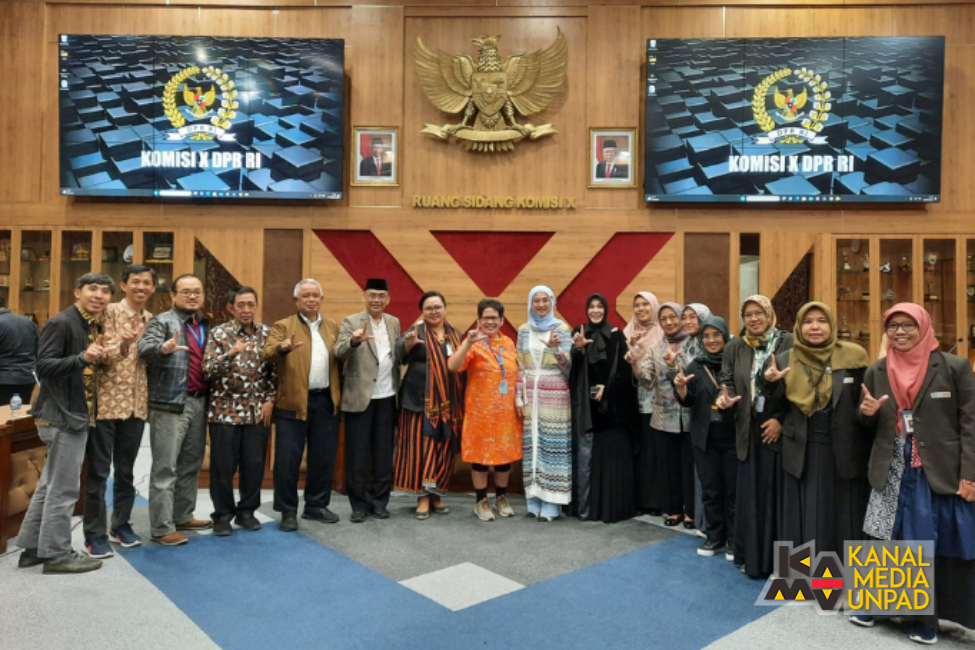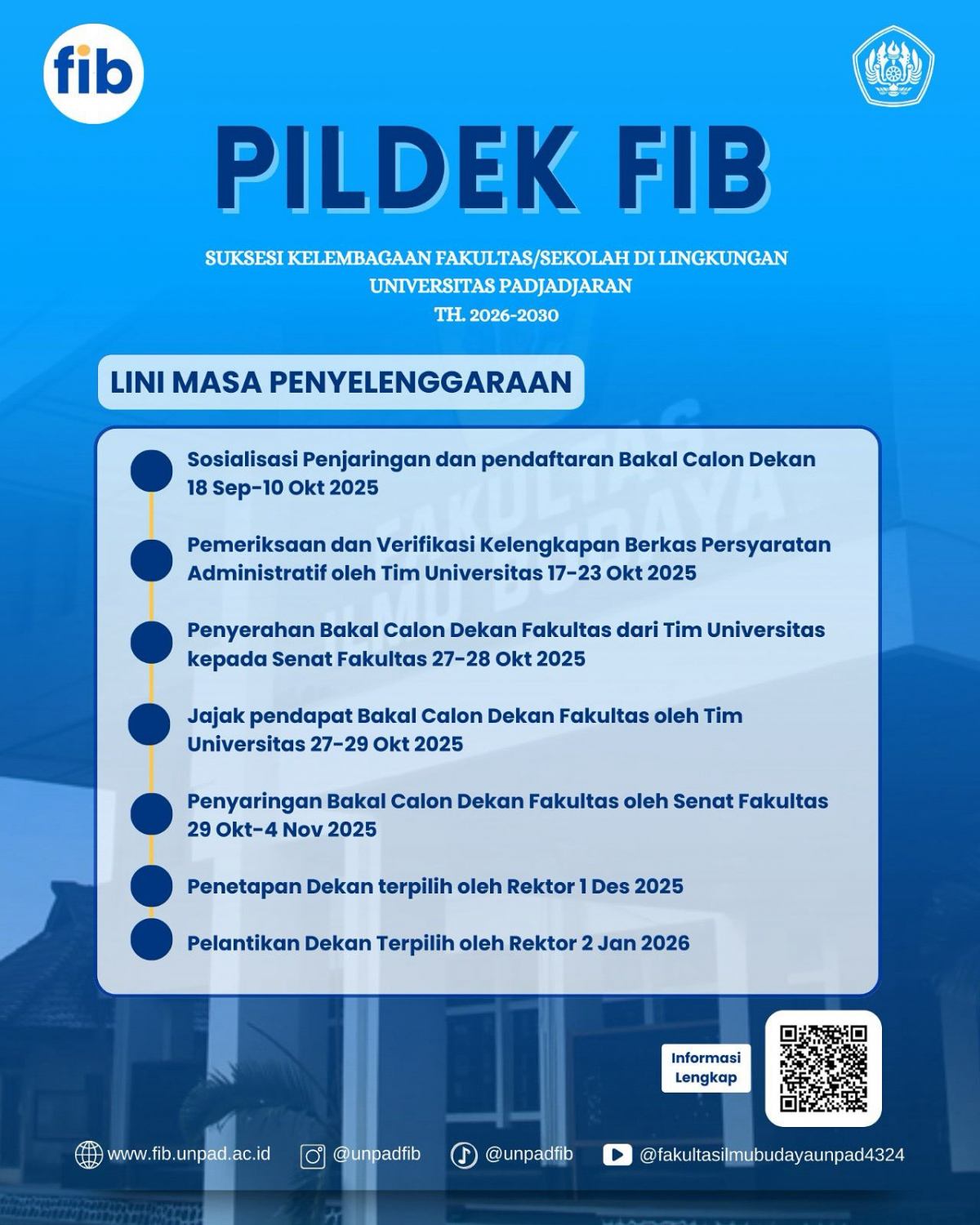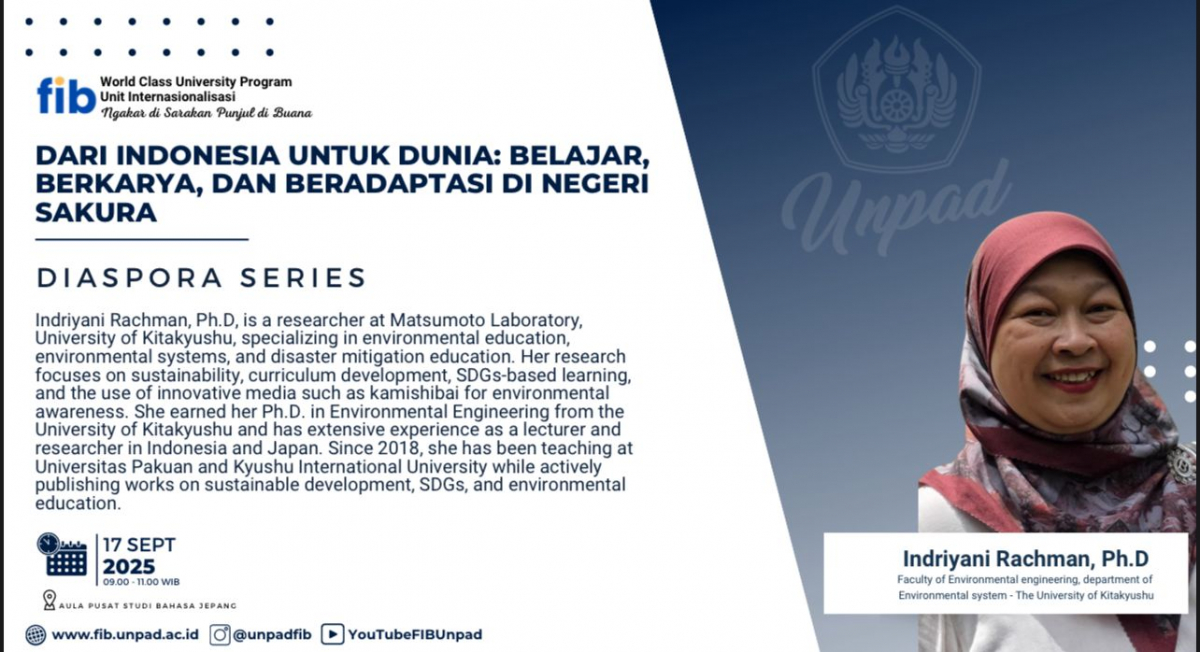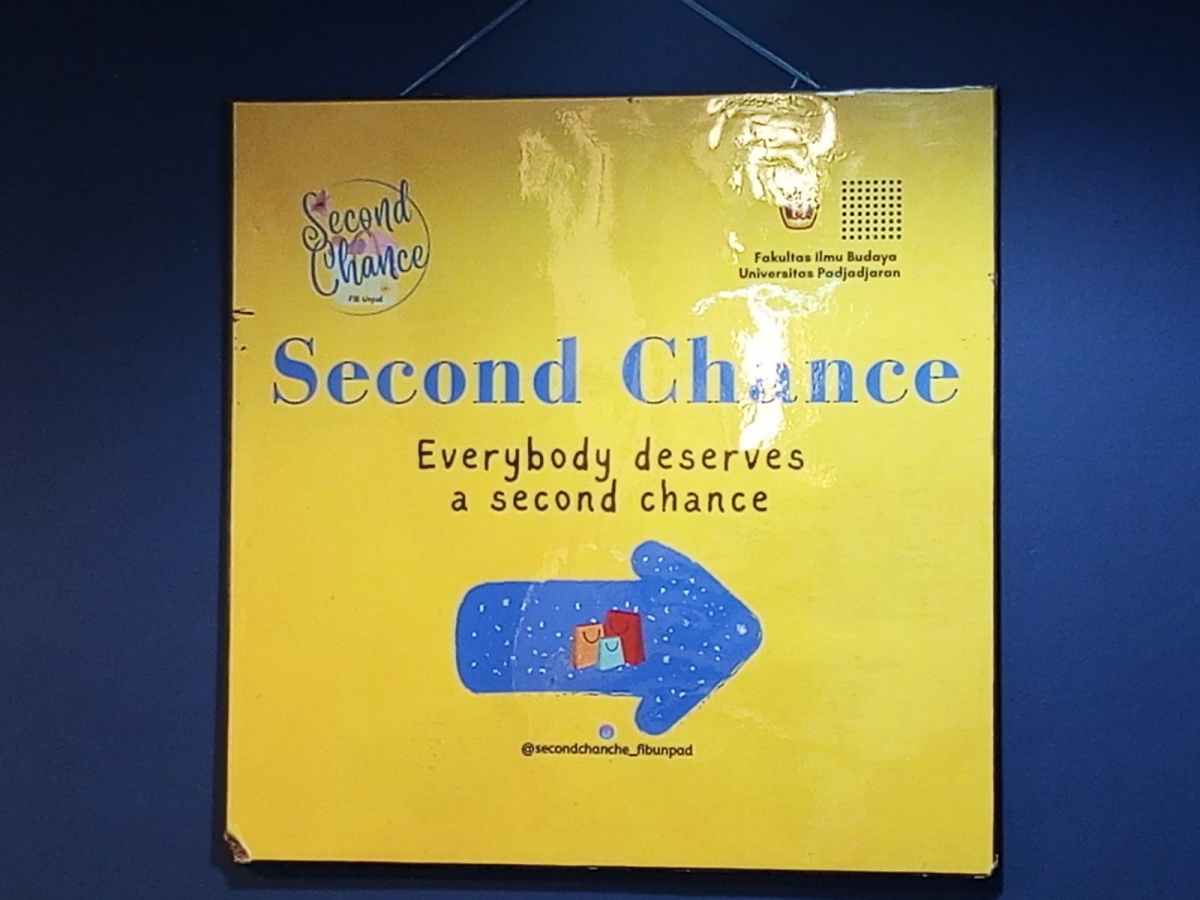
Dosen Unpad Beri Masukan dalam Rapat dengan Komisi X DPR RI
Jakarta — Dalam perumusan suatu kebijakan, pemerintah hendaknya turut mempertimbangkan pendapat masyarakat. Salah satu bagian dari masyarakat tersebut adalah akademisi. Hal ini dikarenakan mereka mampu memberikan masukan-masukan dari sudut pandang keilmuan tersebut.
Sejalan dengan ini, sejumlah dosen program studi Perpustakaan dan Sains Informasi Fakultas Ilmu Komunikasi Universitas Padjadjaran diundang untuk menjadi narasumber dalam Rapat Dengar Pendapat Umum (RDPU) bersama Panja Peningkatan Literasi dan Tenaga Perpustakaan (PLTP) Komisi X DPR RI. Kegiatan ini dilangsungkan di Ruang Rapat Komisi X DPR RI di Jakarta pada Selasa (20/6/2023).
Sebelum masuk ke dalam inti rapat Pimpinan Rapat, Dr. H. Abdul Fikri Faqih, MM memberikan pengantarnya sebagai pembuka. Rapat dilanjutkan dengan pemaparan para narasumber yang diundang dari berbagai instansi, baik pemerintah maupun perguruan tinggi.
Para narasumber yang diundang berasal dari program studi Ilmu Perpustakaan Universitas Indonesia, program studi Perpustakaan dan Sains Informatika Universitas Padjadjaran, program studi Perpustakaan dan Sains Informasi Universitas Yarsi, program studi Perpustakaan dan Sains Informasi Universitas Diponegoro, dan Satgas Penyusunan Peta Jalan Penguatan Literasi Kemenko PMK.
Pada kesempatan tersebut, narasumber dari program studi Perpustakaan dan Sains Informatika Universitas Padjadjaran diwakilkan oleh Dr. Ute Lies Siti Khadijah, M.Si., Dr. Elnovani Lusiana, S.Sos., M.Si., Asep Saeful Rohman, S.Sos., M.I.Kom., dan Andri Yanto, S.Sos. M.I.Kom.
Beberapa isu utama yang dibahas dalam rapat, yaitu peluang dan tantangan literasi dan tenaga perpustakaan di Indonesia, dukungan perguruan tinggi terhadap peningkatan literasi, peta kebutuhan dan daya serap lulusan program studi Ilmu Perpustakaan, serta masukan dan rekomendasi kebijakan dalam rangka peningkatan literasi dan tenaga perpustakaan.
Menanggapi isu-isu tersebut, dosen program studi Perpustakaan dan Sains Informasi Fikom Unpad memberikan beberapa masukan. Dosen Unpad berpendapat bahwa pemerintah perlu untuk berperan aktif sebagai penanggung jawab literasi dan perpustakaan dengan mengoptimalkan pelaksanaan kebijakan yang ada sebagai bentuk upaya meningkatkan literasi dan sumber daya tenaga perpustakaan, khususnya pustakawan.
Di sisi lain, dosen Unpad juga berpendapat bahwa pemerintah semestinya mempertimbangkan suatu revisi kebijakan dalam sektor perpustakaan maupun pendidikan ataupun sektor lainnya yang berperan penting untuk meningkatkan literasi masyarakat. Hal ini dinilai penting sebab belum atau tidak ada regulasi yang secara langsung mengatur tentang literasi dan upaya peningkatannya.
Selain itu, diharapkan juga adanya penyesuaian regulasi teknis yang terdapat dalam UU 43/2007 tentang ketenagaan perpustakaan. Hal ini dikarenakan profesi tersebut memiliki tugas, fungsi, dan peran yang penting untuk meningkatkan literasi masyarakat, di samping para pendidik.
Diharapkan pula adanya revisi Permendiknas 25/2008 tentang standar tenaga perpustakaan sekolah yang perlu disesuaikan dengan Permendikbud 6/2019 terkait diakuinya nomenklatur Fungsional Pustakawan di sekolah.
Di satu sisi, baik Pemerintah Pusat dan Pemerintah Daerah perlu berkomitmen untuk menerima para lulusan ilmu perpustakaan dan informasi, maupun pendidikan vokasi perpustakaan dengan tujuan untuk memenuhi kebutuhan tenaga profesional pengelola perpustakaan sesuai dengan standar nasional. Hal ini perlu dilakukan supaya perpustakaan dapat berfungsi dengan baik dan berkontribusi dalam peningkatan literasi masyarakat.
Asep Saeful Rohman turut menegaskan urgensi perpustakaan sekolah sebagai salah satu bentuk upaya peningkatan literasi di wilayah pendidikan. Hal ini karena pengukuran angka literasi berpijak pada penguasaan literasi dan kemampuan membaca peserta didik.
Menanggapi segala masukan dan penjelasan yang disampaikan, Panja Peningkatan Literasi dan Tenaga Perpustakaan (PLTP) Komisi X DPR RI berpendapat bahwa koordinasi dan kolaborasi antara pemerintah, institusi pendidikan, dan industri, serta masyarakat sangat perlu dimaksimalkan agar ada keberpihakan terhadap kebijakan program literasi dan tenaga pustakawan.
Diperlukan pula penguatan karakter, metode penilaian yang disesuaikan dengan kondisi Indonesia, dan pengadaan RUU Literasi. Selain itu, tambahan anggaran Perpusnas RI juga diperlukan untuk menunjang angka literasi dan tenaga perpustakaan.
Adapun pemerintah juga dinilai perlu untuk menjamin kesejahteraan pustakawan dengan penyediaan formasi PPPK, jenjang karir, dan dukungan beasiswa untuk pustakawan.
Melalui RDPU yang diselenggarakan ini, baik pemerintah maupun lembaga perguruan tinggi berharap agar angka literasi masyarakat Indonesia dapat meningkat, yang mana hal ini turut didukung oleh perpustakaan dan penguatan tenaga perpustakaan.
Red : Maria Imanuella Dewi Sekartaji




